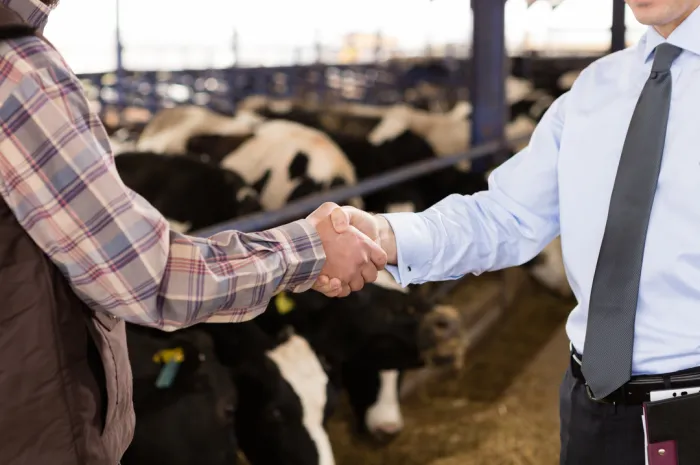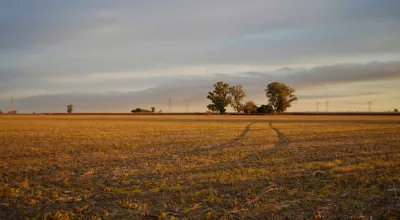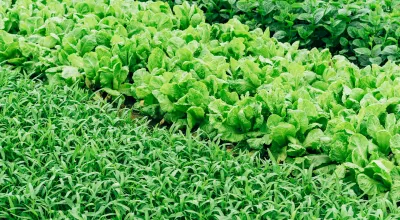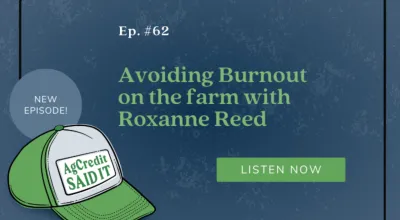
How Credit Impacts Agriculture Loan Financing
Farming costs can add up quickly. Fortunately, agricultural loans help farmers get the financing they need to start, expand or maintain their farming operations. In this episode of AgCredit Said It, our hosts get answers to frequently asked questions about credit from two of AgCredit’s pros in the industry, Holly Gates and Josh McBride. Together, they have over 45 years of experience in farm loans and bring unique expertise in lending for starting farmers.
Here are their answers and advice on common questions about credit for beginning farmers:
Q: Does my credit score matter?
When most people think of getting a loan, they think of their credit score. However, Josh says your credit score is just one important piece of the pie when it comes to obtaining a loan.
“We’ll look at it to make sure it’s at least acceptable,” says Josh. “But I view the credit score as your history – a rearview mirror look of how you’ve managed your credit in the past.”
If you don’t have a credit score, Josh explains that “that can be a good thing because you’ve been able to operate without debt up until this point.”
What Josh says is more important: looking forward.
Q: Why are projections so important?
“We base decisions more on expected cash flows in the future,” states Josh.
Projections can be heavily weighted in a credit decision. In a credit analysis, projections show your potential earnings based on both historical earnings and any future changes you might make in the operation.
Q: What is the guarantee program?
To service starting farmers, AgCredit works with the Farm Service Agency (FSA) to offer loan programs such as the guarantee loan program. These programs are tailored to starting farmers.
“The guarantee program allows the lender to service the customer at their institution while the government guarantees the loan at a lower fixed interest rate,” explains Holly. “If there is ever a loss, the government is going to pay that loss.”
Josh relates that this is a benefit to both the farmer and AgCredit. “Any guaranteed loan we have on our books requires us to put less capital out to fund that loan,” says Josh. “In turn that lets us grow more will less capital and in the end brings us back more earnings that we can pay out in patronage.”
Q: What affects interest rates?
“At AgCredit, our rates are driven by the United States treasuries,” explains Josh. “As their rates go up, our rates are going to go up.”
Inflation is a driving force behind rate increases. “To fight inflation, the Fed can raise rates high enough that it will stop economic activity,” says Josh. “Until that happens, I think we’re going to see rates increase.”
Q: What is the Ohio Ag Link Loan Program?
As rates increase, a fixed-rate loan may be attractive to borrowers.
The State of Ohio offers a fixed-rate loan for ag producers called the Ohio Ag Link Program. AgCredit is one of the largest servicers of this loan program. Josh explains that it’s particularly beneficial as an operating line of credit for seed, fertilizer, chemicals, or any inputs.
See how AgCredit can help you take advantage of the Ohio Ag Link Loan Program.

























